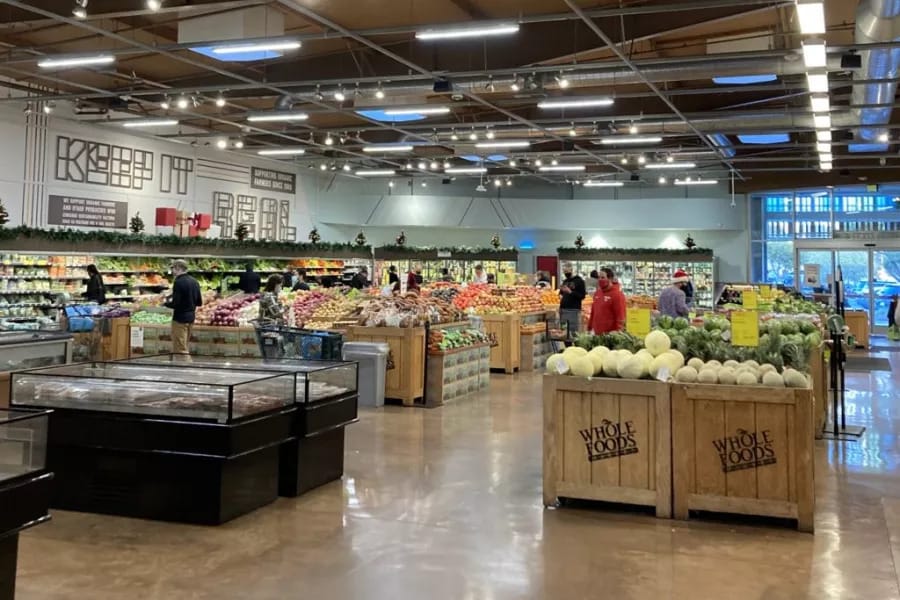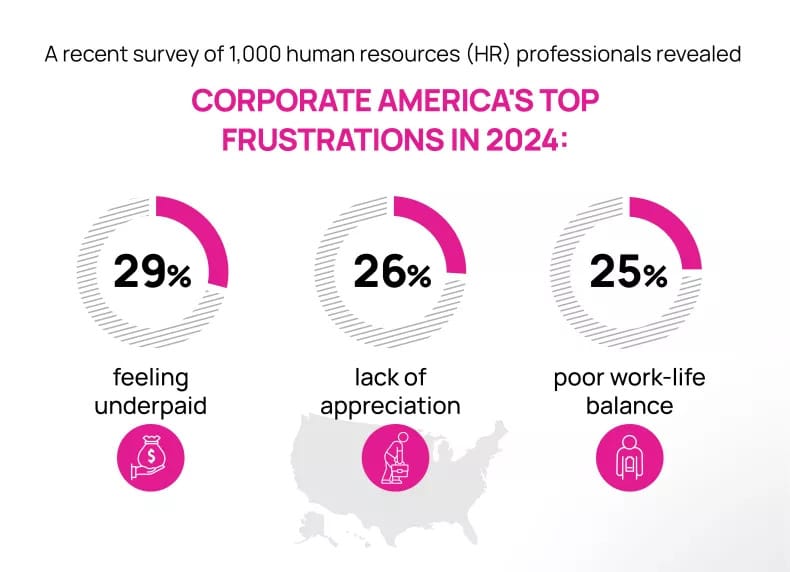- RoadMap Network
- Posts
- Why Your First Job Search is Taking Longer Than You Thought — and Why That’s OK
Why Your First Job Search is Taking Longer Than You Thought — and Why That’s OK
Plus: Early Career Changes & Sustainable Food Shopping
Welcome to RoadMap!
RoadMap is a private network for recent college grads embarking on their job search and early career journey.
Discover how RoadMap can help you navigate your ideal career path by visiting our website today!
Crack the Code

Tailor resumes and network for success. 🚀
For 2024 grads, finding that first job can take longer than you'd like, but it’s all part of the process. Between applicant tracking systems (ATS) filtering resumes and hidden job opportunities that aren’t listed online, it might feel like you’re spinning your wheels.
The good news? There’s a few things to get ahead and we offer more in-depth help on the RoadMap platform.
Getting past the ATS bots is key. These systems scan your resume for specific keywords, so it’s crucial to tailor each application to the job description. Using AI applications like Teal can help you to scale this effort. Also, these tools help to keep your resume clean and simple — fancy designs and images can confuse the system and hurt your chances.
Networking is your secret weapon. Some of the best jobs never make it to job boards, so leveraging personal connections is key. Set up informational interviews with professionals, seek advice from alumni, and actively engage with people in your target companies on LinkedIn. These relationships can open doors to opportunities you won't find in traditional job postings. Here’s how to attack it:
Build company target lists in your field.
Leverage alumni networks and “cold” LinkedIn connections at the outlined companies.
Stay active with individuals and recruiters online to find “hidden” opportunities.
Though the process may take time, each customized application and networking effort moves you closer to that first offer. Create a system to track your progress, holding yourself accountable while staying patient, persistent, and continuously refining your approach.
You’re one step closer every day.
Eying A New Path?
A new survey is highlighting something many young professionals are feeling: nearly half of workers are already thinking about changing careers.
The study, conducted by Talker Research, and reported by Newsweek, shows that young employees are finding it hard to stay satisfied in their roles, much more so than older generations.
For these young professionals, the reasons are clear. Burnout is a big issue, with 35% saying they feel mentally and emotionally drained. Conflict at work is another challenge, with 30% pointing to difficult relationships with coworkers. Then there’s pay problems with 26% feeling they aren’t being compensated fairly, and 24% feeling like they’re not able to make an impact.
What’s surprising is that this sense of being undervalued isn’t just a young professional problem. Across all age groups, 27% of workers say they feel unappreciated.
But keeping the focus young professionals, staying engaged, even in the face of these issues, is key to standing out. Demonstrating resilience and dedication will make you more valuable to your current employer, even if you’re somewhat unhappy.
However, if you decide a career change is necessary, approach it thoughtfully and respectfully — it will not only set you apart but also increase your chances of a successful transition.
Sustainable Food Choices

Young shoppers prioritize quality and sustainability. 🌱
Young people are increasingly prioritizing sustainability and transparency when it comes to grocery shopping, a trend highlighted by a new YouGov study. Over two-thirds of 18-to-27-year-olds say they want clearer information about the environmental impact of their food choices.
The study shows that 70% of young shoppers back climate-smart farming, and many are willing to pay more for products they believe are sustainably sourced. Quality is also key, with 80% saying it's a major factor in their decisions.
This shift hasn’t gone unnoticed, as brands are starting to adapt to meet these changing expectations. Retailers, such as Whole Foods are gradually adjusting their sourcing and farming practices to align with the growing demand for both quality and environmental responsibility.
As younger people continue to push for these values, companies are finding ways to respond, reflecting a broader shift in the consumer landscape.

